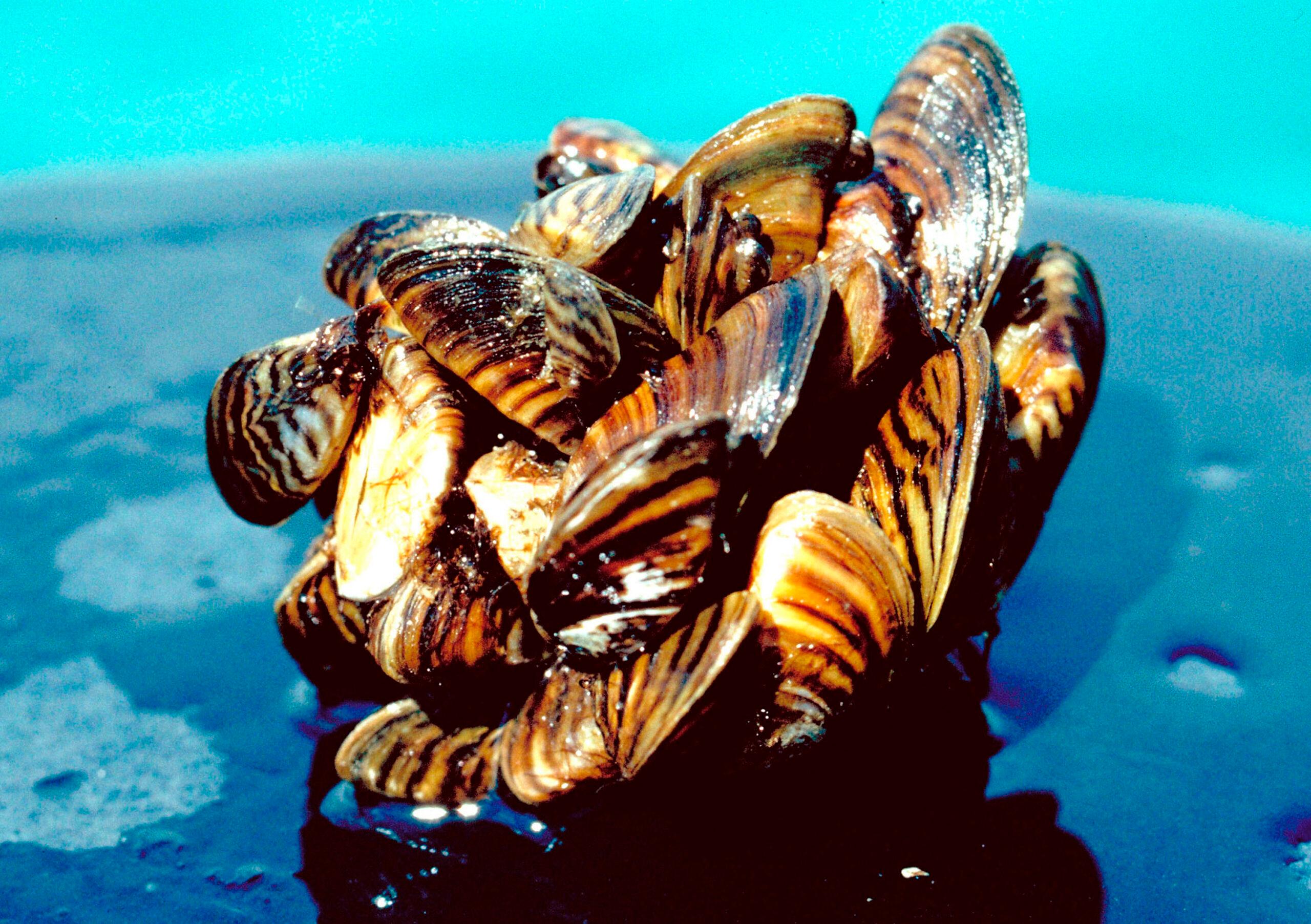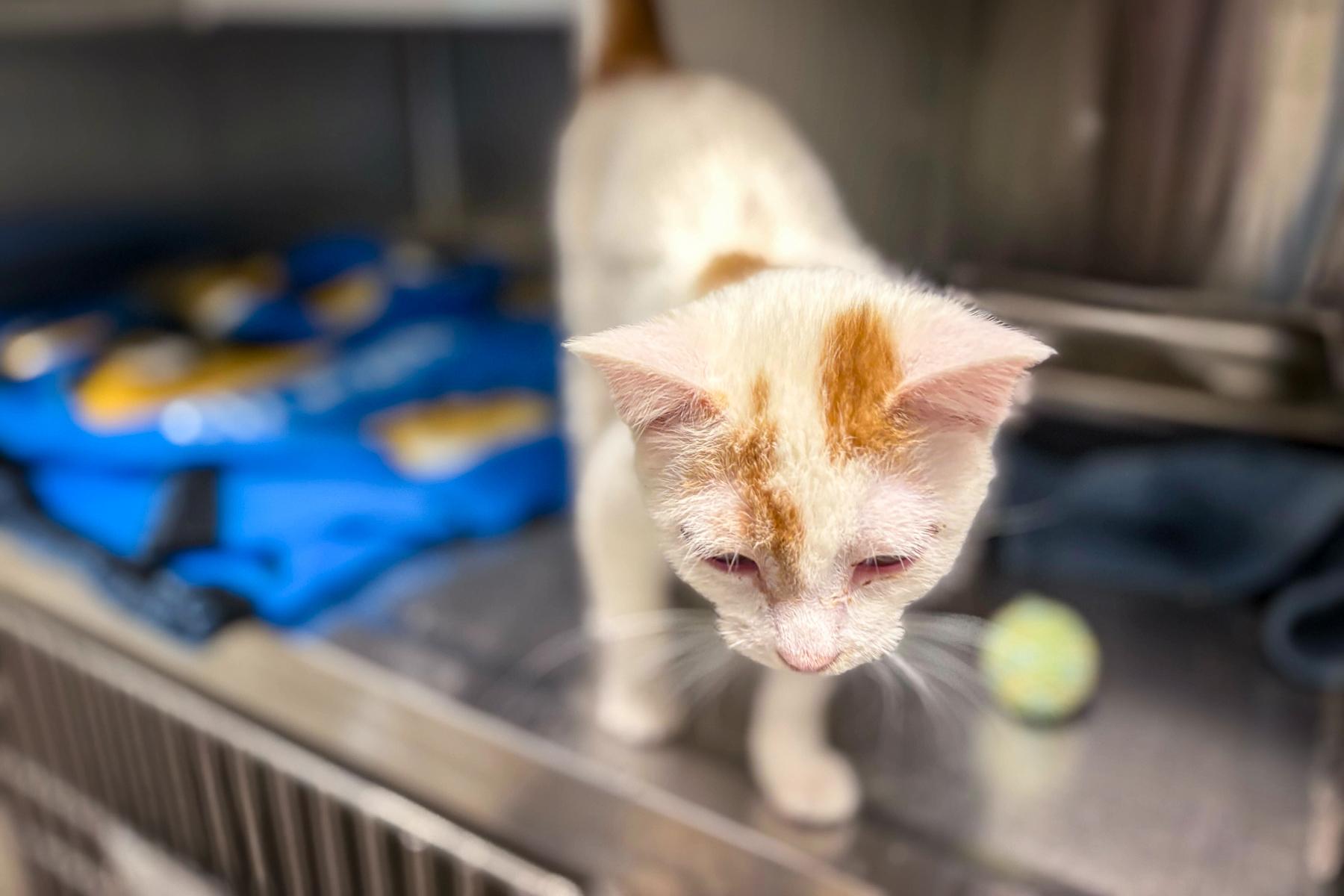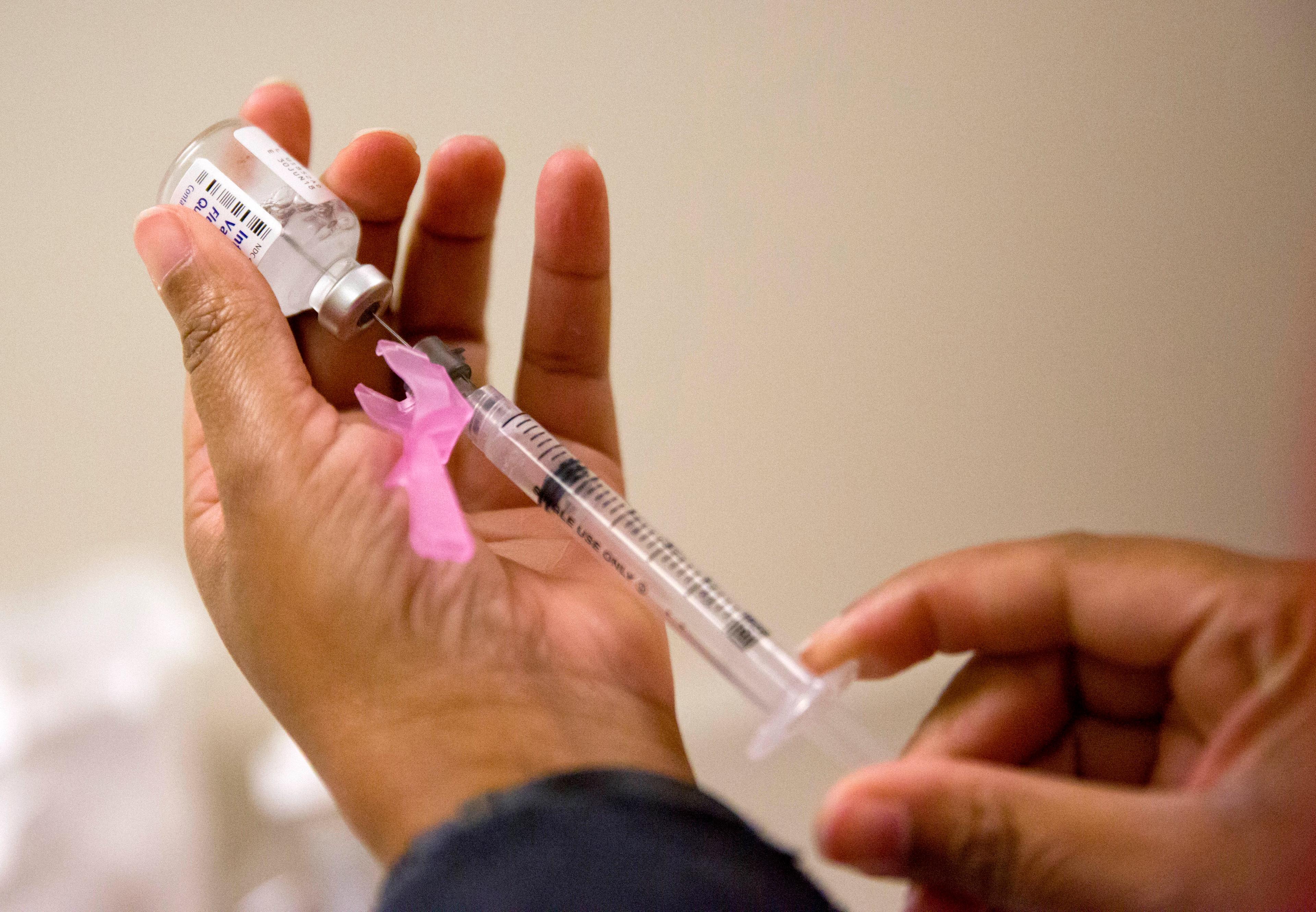
Colorado Parks and Wildlife is evaluating next steps after identifying an established population of zebra mussels in Highline Lake State Park.
CPW has now changed the lake's classification from “suspect” to “infested.” The designation is the first of its kind in Colorado related to the invasive species.
State biologists discovered a single adult zebra mussel in the lake during a routine invasive species sampling test in September. It was the first time the mussel’s presence was detected in Colorado waters.
The small freshwater mussel is native to lakes in Russia and Ukraine, and the species can reproduce quickly. According to CPW’s invasive species experts, the mussel is known for killing off native plankton that other species rely on for food. They are mostly commonly spread by boats moving between different bodies of water without proper cleaning.
Experts hope to contain the mussel to Highline Lake, but that will be difficult because it feeds into other bodies of water. Further spread could cause “millions of dollars in damages to water-based infrastructure, impact water quality and limit recreational opportunity.”
“Unfortunately, given that Highline is an open water system — meaning that we have water coming in and water coming out — there really are no viable chemical solutions that we could use to eradicate the species from the reservoir,” said Robert Walters, CPW’s invasive species program manager, in September.
Boats are not allowed on the lake northeast of Grand Junction because it's closed for the season. Once the lake opens for recreational use, boats will likely require a professional inspection before exiting the park.









